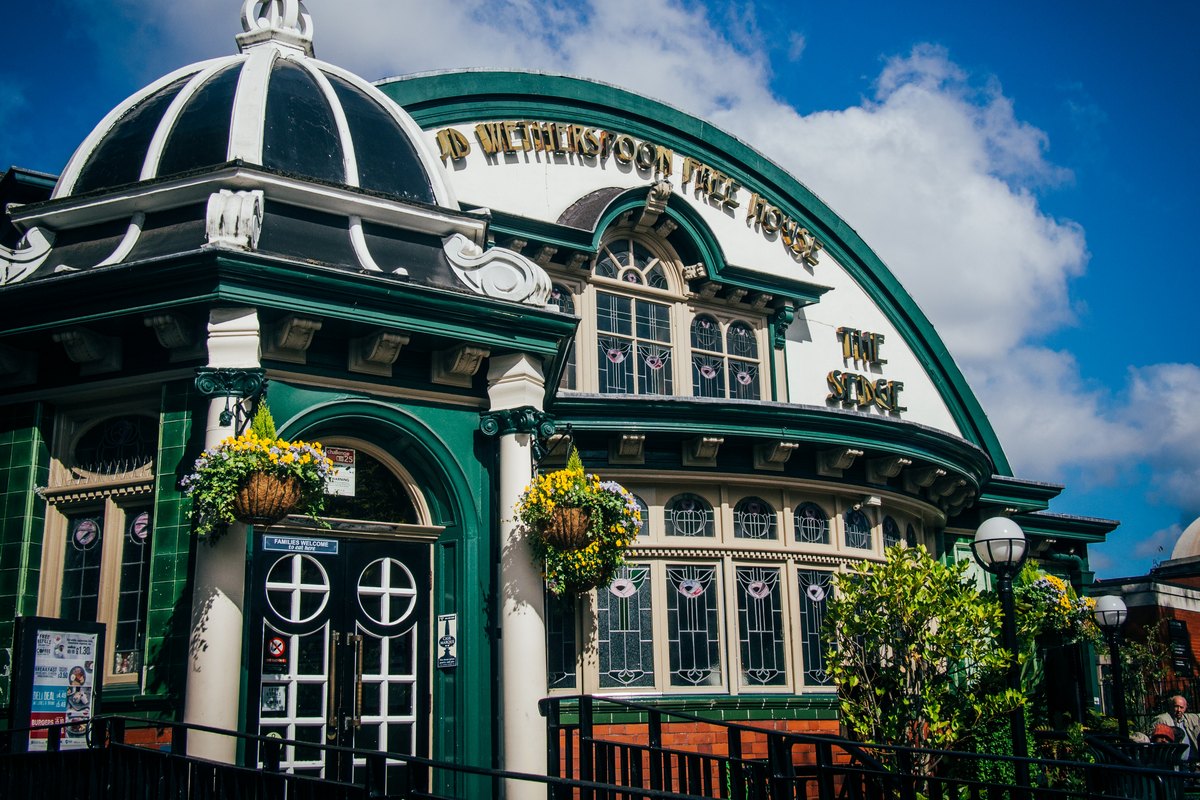Shares in JD Wetherspoon have dropped more than 10% this morning after the pub chain warned of a £30m loss.

Photograph: Greg Wilson/Unsplash
The business saw unerdlying sales rise just 0.4% in the 11 weeks to 10th July. However, sales of draught beers and cider — traditionally strong JDW products — were down by 8%.
The drop is being put down to the cost of living crisis as well a reluctance from many older customers to return to the pubs post Covid. Chairman Tim Martin also blamed cheap supermarket sales, a theme he has returned to many times.
He said: “Many people now work from home, rather than from offices, which has had a significant impact on transport and hospitality businesses.
“The ‘fear factor’, used by governments to encourage compliance with lockdowns and restrictions, has also had lingering after-effects, with many people remaining cautious about leaving their homes.”
Analysis
By Julie Palmer, partner at Begbies Traynor
JD Wetherspoon’s pile ’em high and sell ’em cheap model would seem like an obvious winner as consumers tighten their belts and look for bargain booze.
“However, the budget pub chain’s model has very little fat, with margins that are more slimline tonic than full-fat Guinness. Even though the business has long-term contracts for food, drink, and energy which mean it will avoid the impact of inflation driving their prices higher for some time, there’s no getting around soaring staffing costs and that means pressure on the business is intensifying.
“Just when Wetherspoon needed the public to get back to pre-Covid lifestyles of eating, drinking, and being merry to restore its finances to levels enjoyed before coronavirus, the cost of living crisis is ravaging personal finances and cranking up the pressure.
“Total revenues edged lower compared with pre-pandemic times, and tellingly, sales of pints, normally the biggest contributor to turnover, performed particularly badly.
“Boss Tim Martin has long campaigned for the government to cut taxes on pubs to the same levels paid by supermarkets, saying alcohol sales in superstores are effectively being subsidised by the government, costing jobs in the pub trade. It’s no surprise his calls have been repeated today as Mr Martin is finding that drinkers can’t even afford his bargain booze, which is a worrying sign for the whole sector.”



